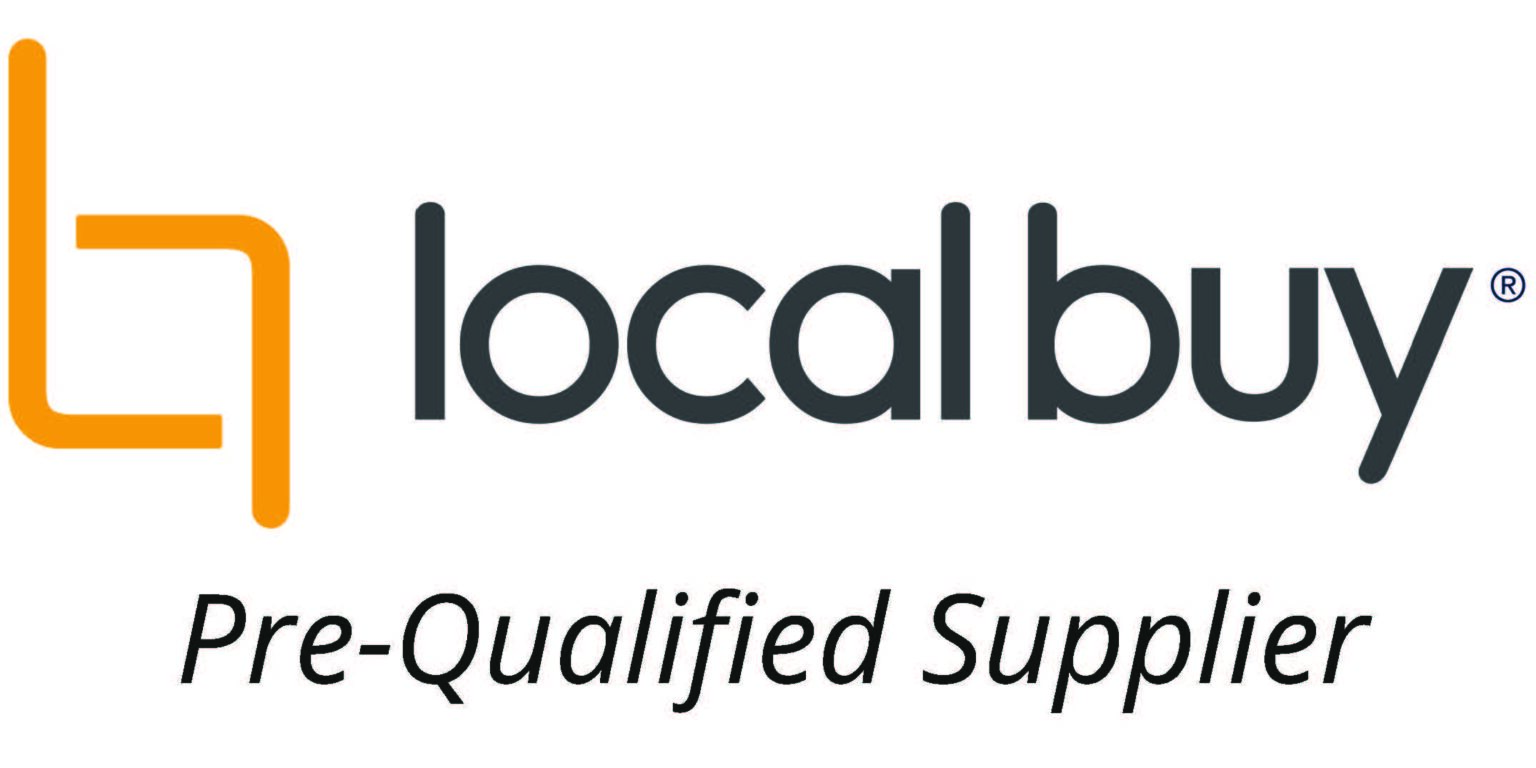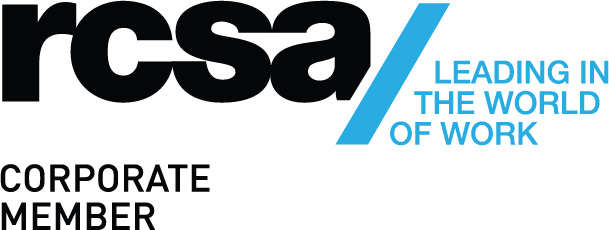|
We can
all relate that we often find ourselves caught up in the whirlwind of
deadlines, targets, and client expectations. The constant pressure to meet
new goals, coupled with the demands of the job, can lead to burnout—a state
of chronic physical and emotional exhaustion. Understanding the signs of
burnout is important for maintaining a healthy work-life balance. Here are
six signs of what burnout can look like:
Little
to no motivation:
One of
the earliest signs of burnout is a noticeable decrease in motivation. If
you find that tasks you once enjoyed have become difficult and your
enthusiasm for work has dwindled, it may be a red flag.
Insomnia:
Difficulty
falling asleep or staying asleep can be a manifestation of burnout. The
stress and anxiety associated with work-related issues can disrupt your
sleep patterns, leaving you tired and irritable during the day.
Emotionally
overwhelmed:
Burnout
often brings about a heightened sense of emotional sensitivity. If you find
yourself becoming easily frustrated, tearful, or experiencing mood swings,
it could be a sign that you’re emotionally overwhelmed.
Amplified
anxiety:
While a
degree of stress is inevitable in today’s climate, burnout takes it to
another level. If you’re experiencing intensified feelings of anxiety that
persist even outside of work hours, it’s time to address these emotions.
Exhaustion:
Physical
exhaustion is a classic symptom of burnout. Feeling constantly drained,
both mentally and physically, despite enough rest, is a clear indicator
that your body and mind are struggling to cope.
Easily
triggered:
Burnout
can make you more susceptible to irritation and frustration. If you notice
that you’re becoming easily triggered by small things or changes in plans,
it may be a sign that burnout is taking a toll on your emotional
resilience.
Recognising
the signs of burnout will give you the next step towards self-care. Remember,
burnout is never your fault. It’s a byproduct of relentless dedication and
ambition. By prioritising your well-being and leaning on your support
system, you will be able to take charge and get back on track with
resilience and balance.
|



